Dr. James explains why sustainable giving starts by answering, “Do we have a shared future?”
iMarketSmart
MAY 1, 2023
The game has an unbreakable law. Without this, reciprocal altruism fails. In that case, giving would break the first law. Again, giving would break the first law. Giving would break the first law. Without this shared future, reciprocal helping disappears. Two unrelated players both face these same payoffs.

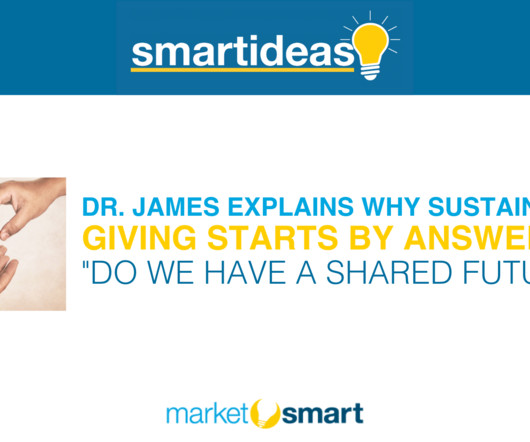
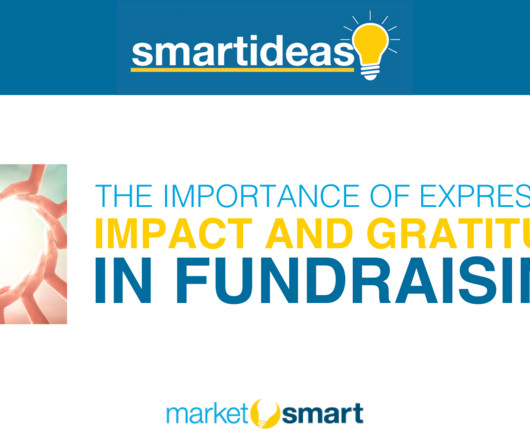
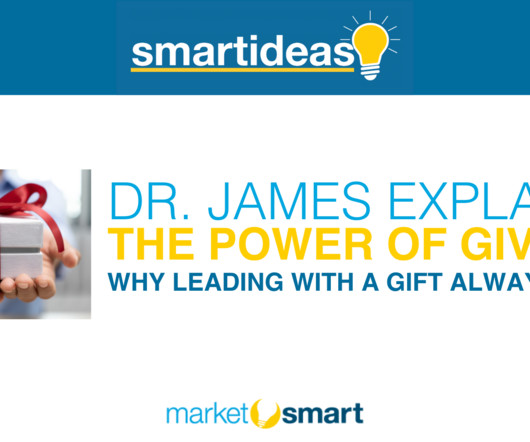
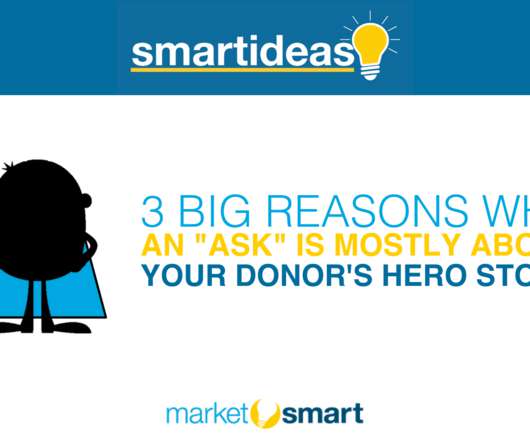
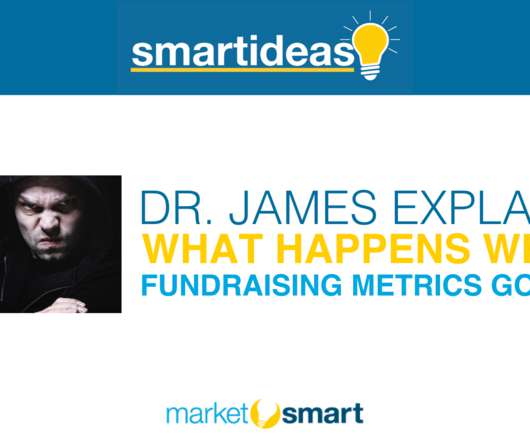
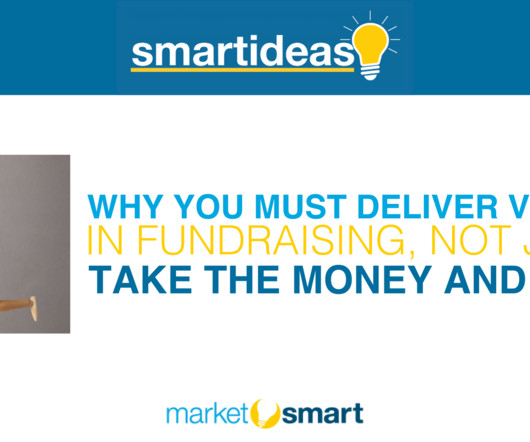
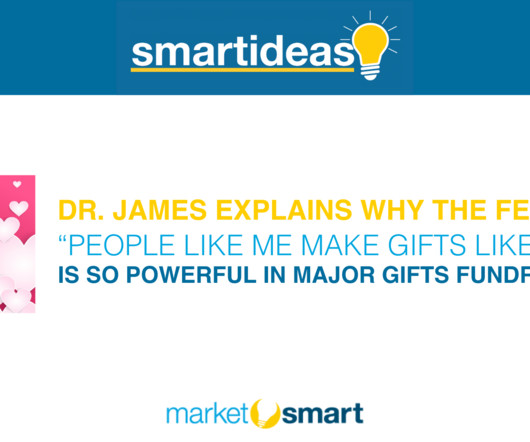
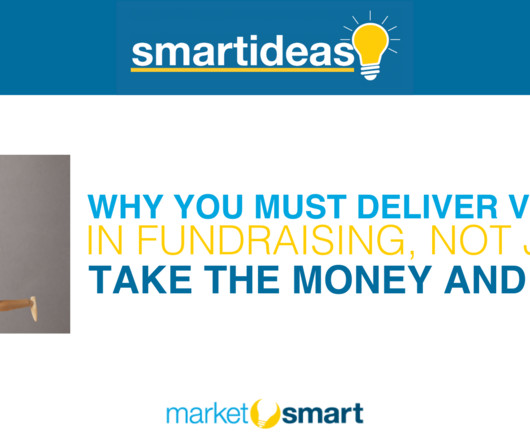

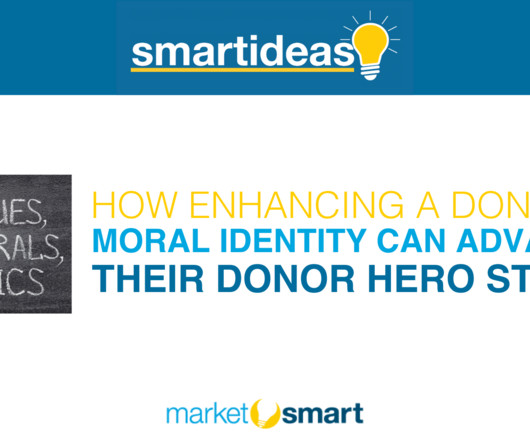






Let's personalize your content